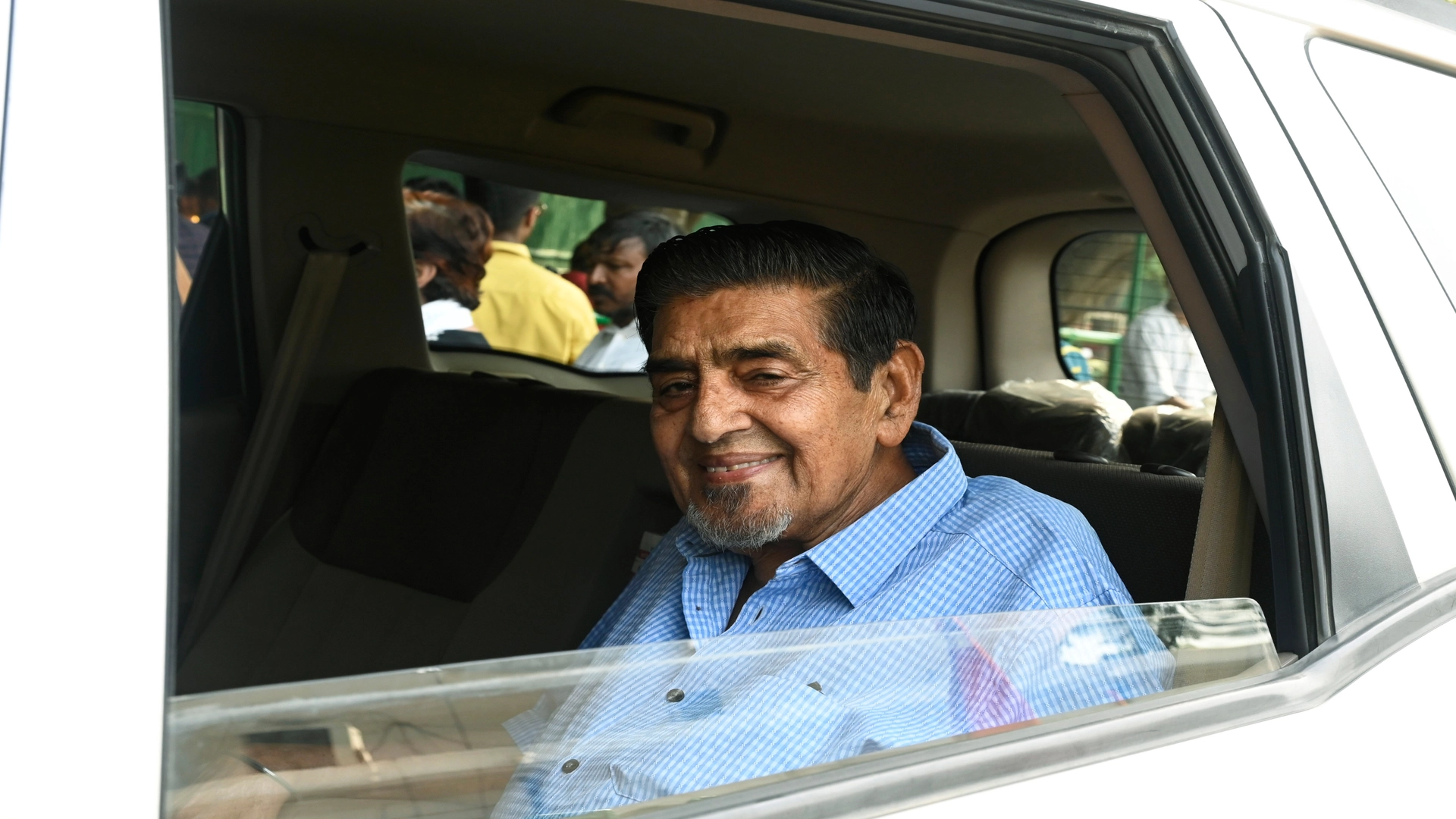Congress leader Jagdish Tytler is set to stand trial in connection with the Pul Bangash Sikh killings case, a crucial chapter in India’s 1984 anti-Sikh riots. The Rouse Avenue court in Delhi has formally framed charges against Tytler, marking a significant development in this long-standing case.
Jagdish Tytler Denies Charges in Pul Bangash Riots
Tytler appeared before the court on Friday, firmly denying the charges leveled against him. The case pertains to the brutal killings of three Sikhs near Gurudwara Pul Bangash on November 1, 1984, following the assassination of Prime Minister Indira Gandhi.
Special CBI Judge Rakesh Syal has scheduled the recording of prosecution evidence for October 3, 2024. Lakhvinder Kaur, whose husband Badal Singh was one of the three Sikhs killed during the mob violence, will be the first witness to testify.
Sufficient Evidence to Proceed Against Tytler, Court Says
On August 30, 2024, the court ruled that there were sufficient grounds to presume Jagdish Tytler’s involvement in the crime. According to the court, he allegedly incited the mob that attacked and set fire to the Gurudwara, resulting in the tragic deaths. Tytler now faces charges under various sections of the Indian Penal Code (IPC), including:
- Sections 143, 147, 188, and 153A for rioting and unlawful assembly
- Sections 295, 436, 451, and 380 for religious desecration, arson, trespassing, and looting
- Section 302 read with Section 109 for abetting murder
- Supplementary Charge Sheet Against Tytler Filed by CBI
In May 2023, the Central Bureau of Investigation (CBI) filed a supplementary charge sheet implicating Tytler in the anti-Sikh riots that erupted after Indira Gandhi’s assassination. The investigation revealed that Tytler allegedly provoked the mob, leading to the burning of Gurudwara Pul Bangash and the deaths of Sardar Thakur Singh, Badal Singh, and Gurcharan Singh.
The CBI had registered the case in 2005, following the recommendations of the Justice Nanavati Commission of Inquiry, which was tasked with investigating the 1984 riots. In its report, the Commission highlighted Tytler’s alleged involvement in inciting the mob violence that targeted Sikh communities in Delhi.
Also read: Sitaram Yechury: Staunch Leftist Who Made His Mark in Delhi, Passes Away
What’s Next in the Trial?
Jagdish Tytler, who was granted bail in August 2023, will now face the full legal process as evidence is presented. The trial is expected to shed more light on one of the darkest chapters in India’s history—the anti-Sikh riots that followed the assassination of Indira Gandhi. The focus will be on whether the Congress leader played a direct role in the Pul Bangash killings, as alleged by witnesses and the CBI.
FAQs about the 1984 Pul Bangash Riots Case
1. What is the Pul Bangash Sikh killings case? The case revolves around the deaths of three Sikh men during the anti-Sikh riots of 1984. A mob attacked Gurudwara Pul Bangash in Delhi, leading to their deaths.
2. Who is Jagdish Tytler? Jagdish Tytler is a senior Congress leader accused of inciting the mob responsible for the Sikh killings during the 1984 riots.
3. What are the charges against Tytler? Tytler faces multiple charges, including abetting murder (Section 302 IPC), rioting (Section 143 IPC), and inciting communal violence (Section 153A IPC).







